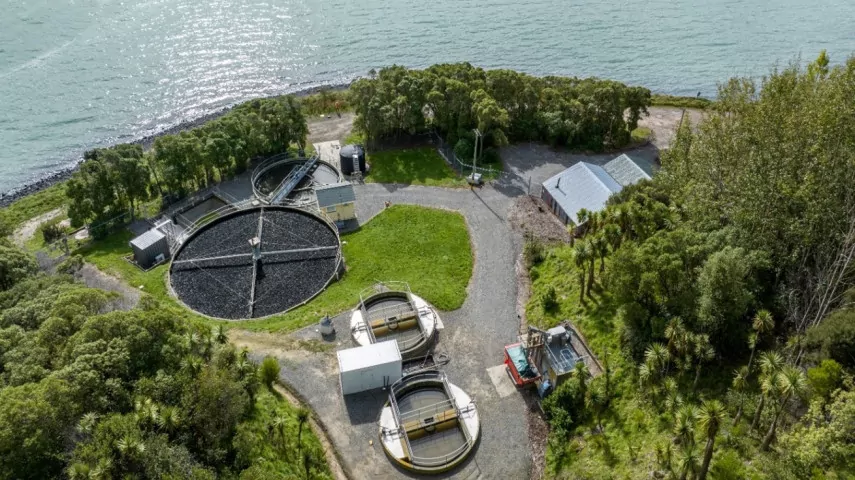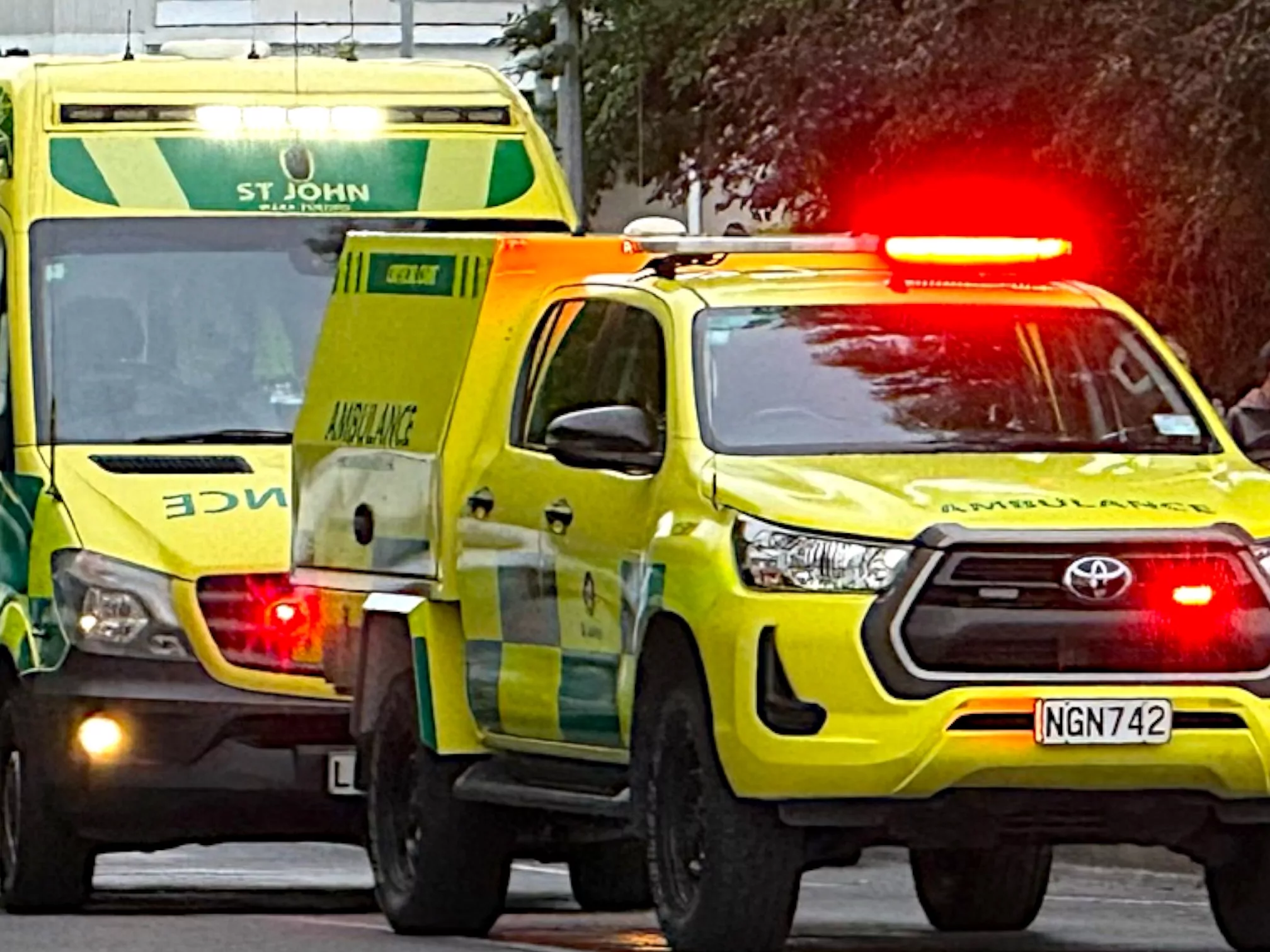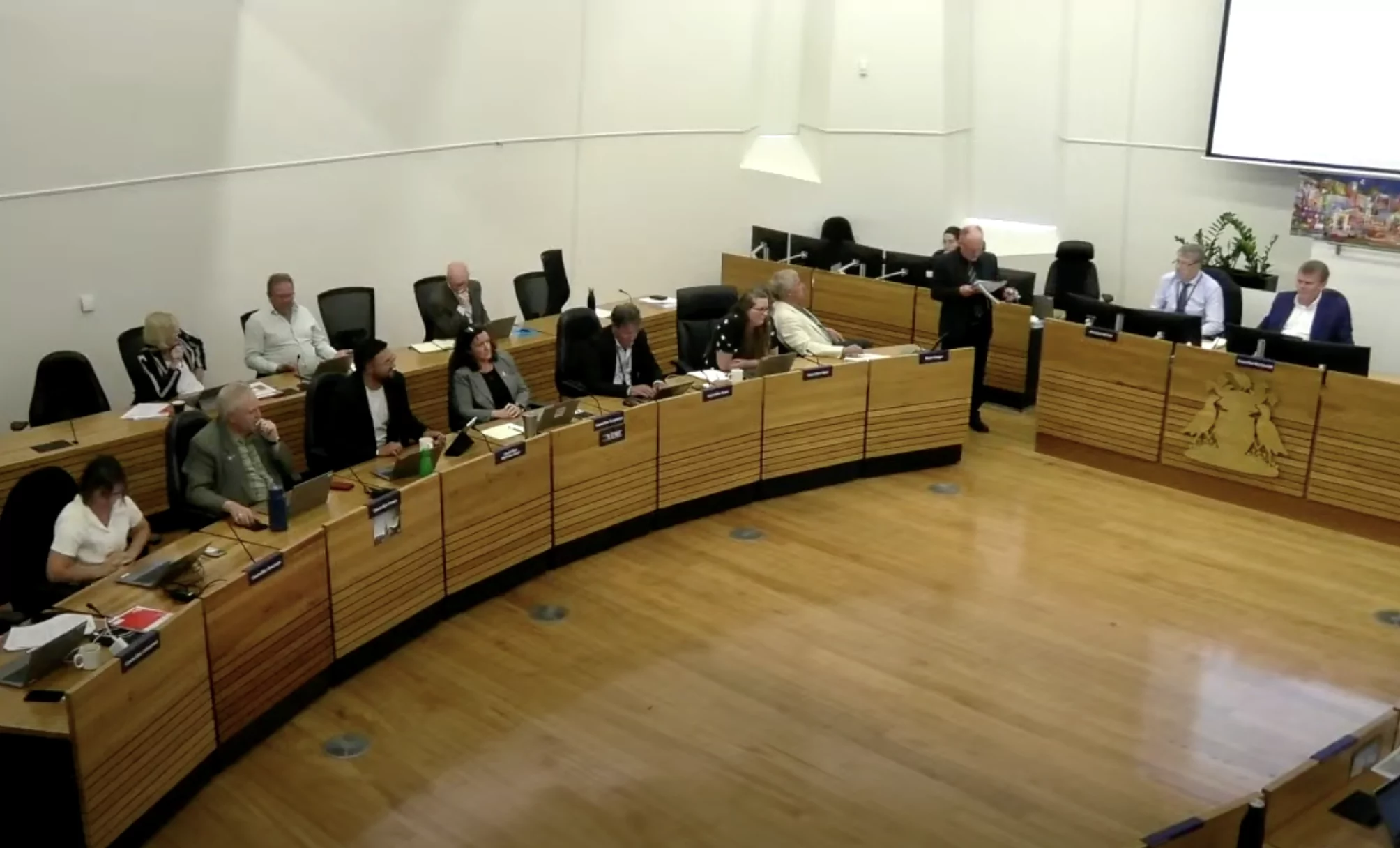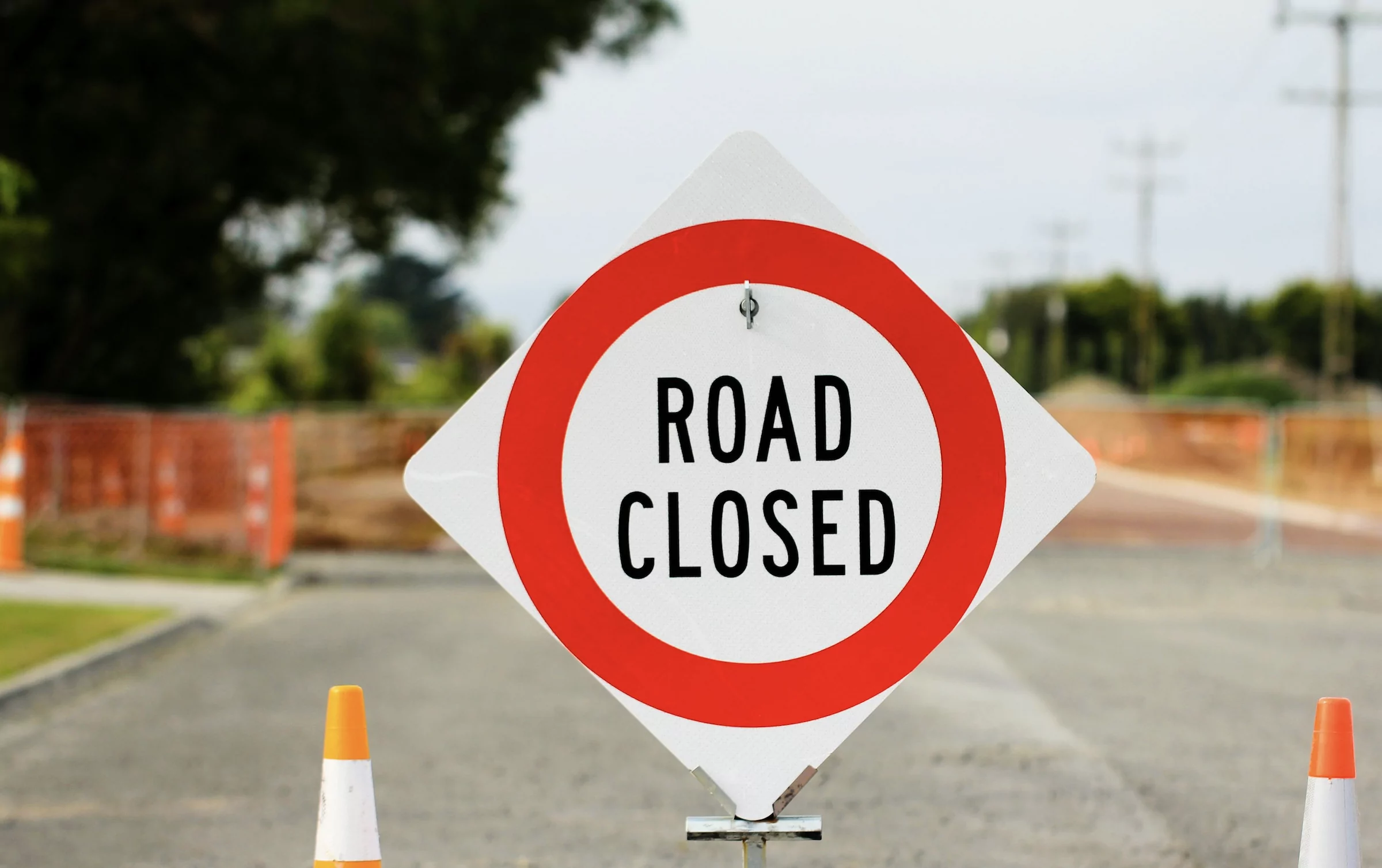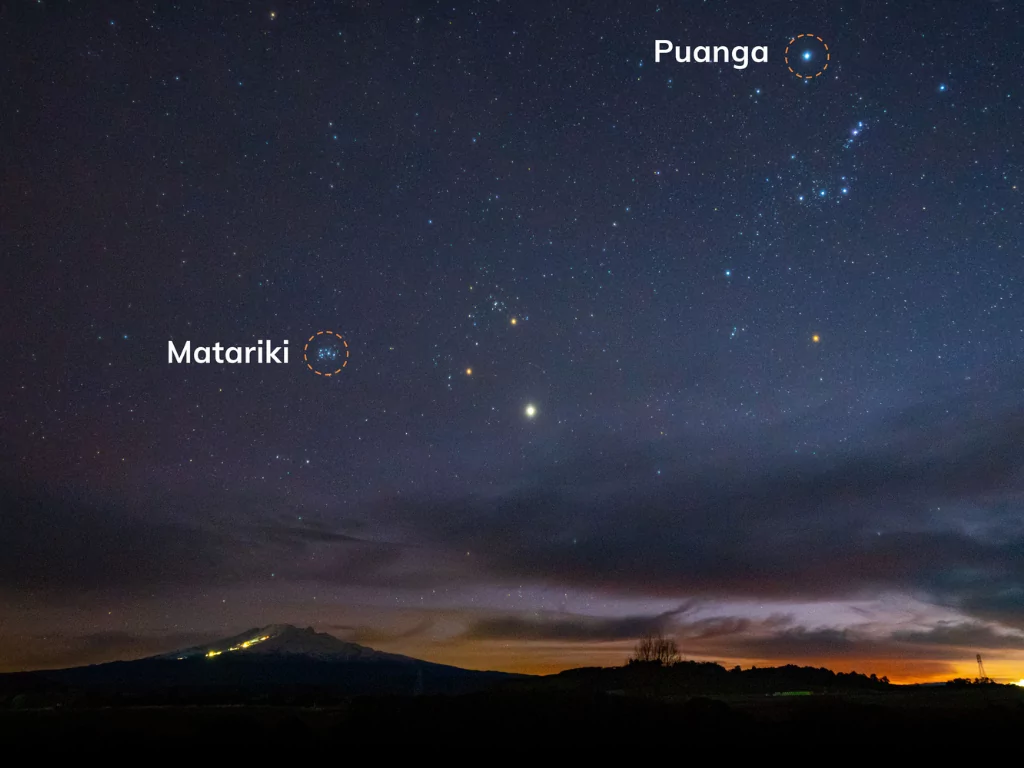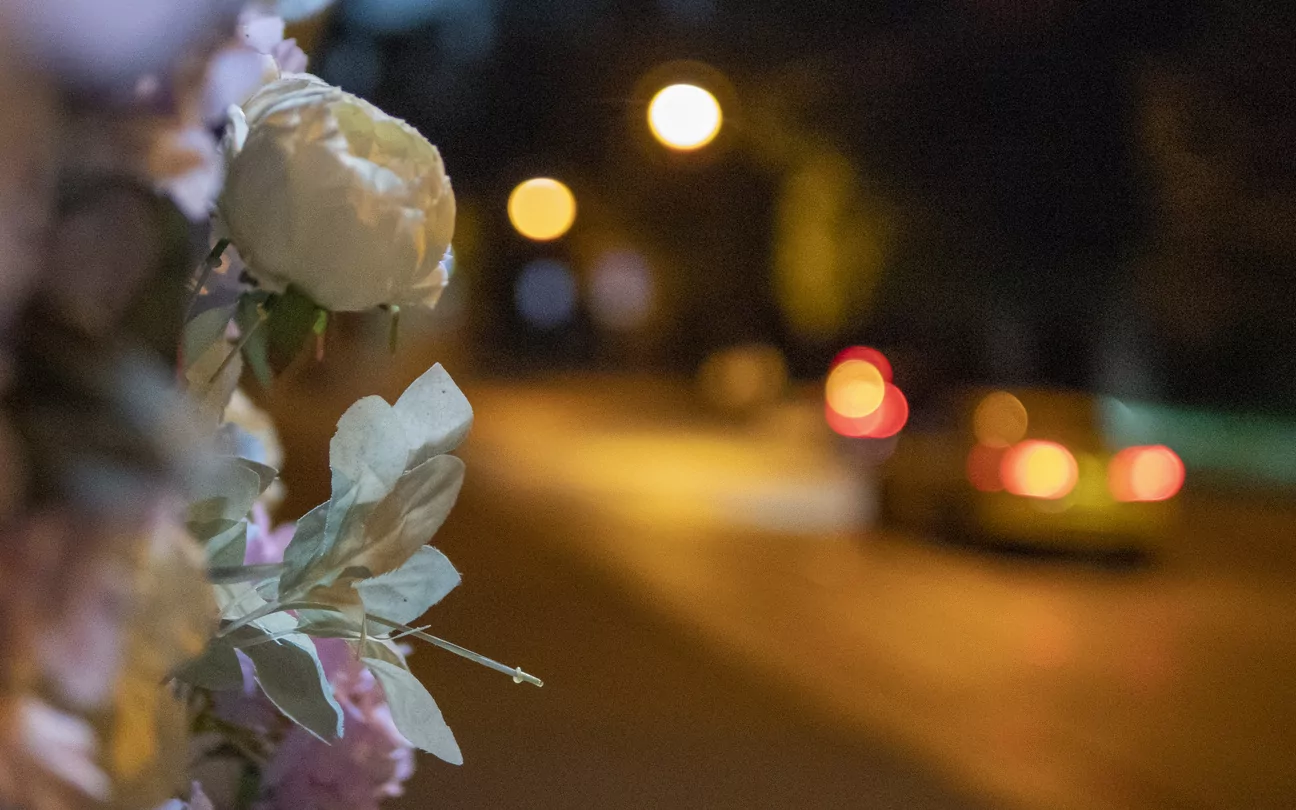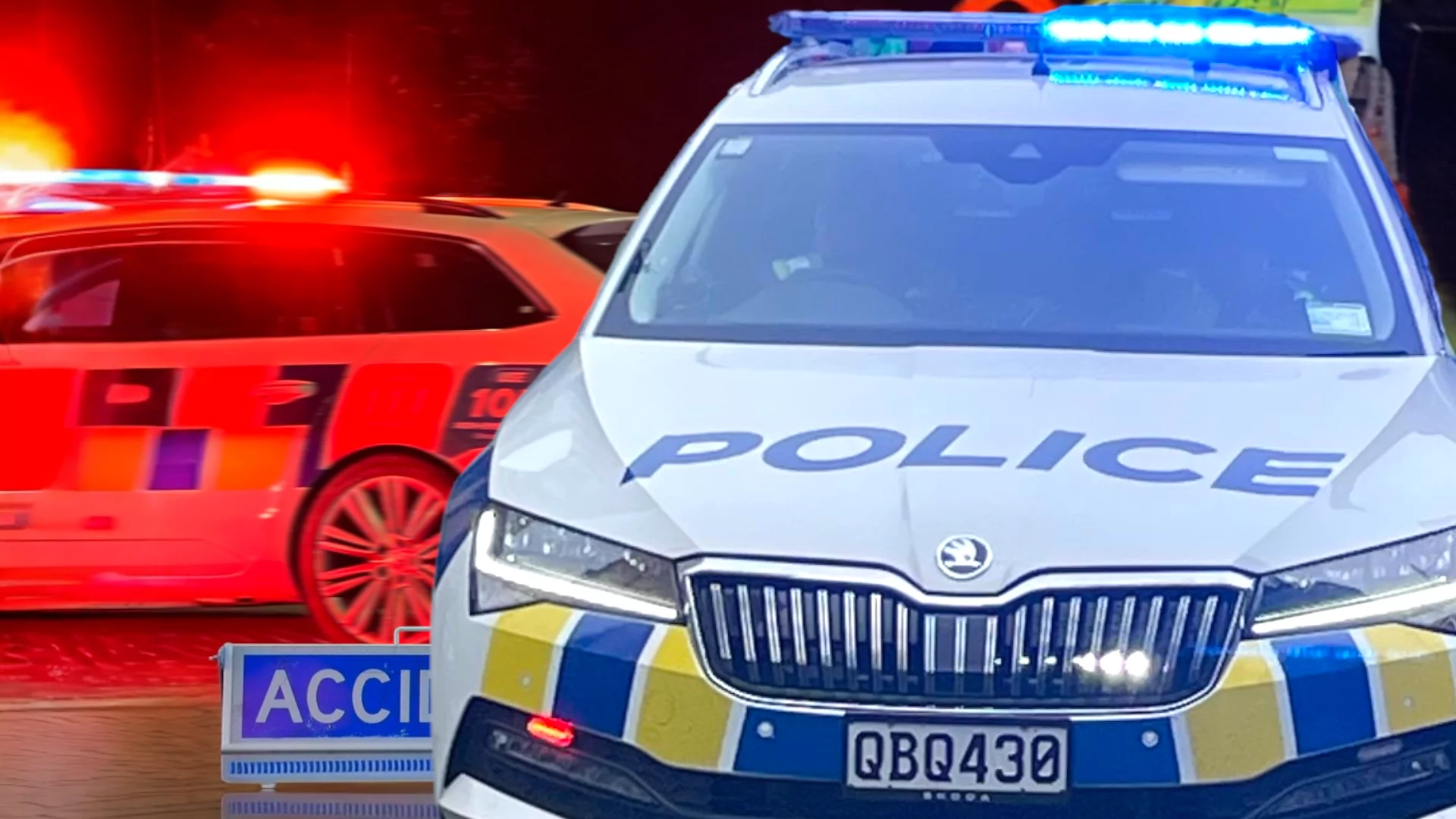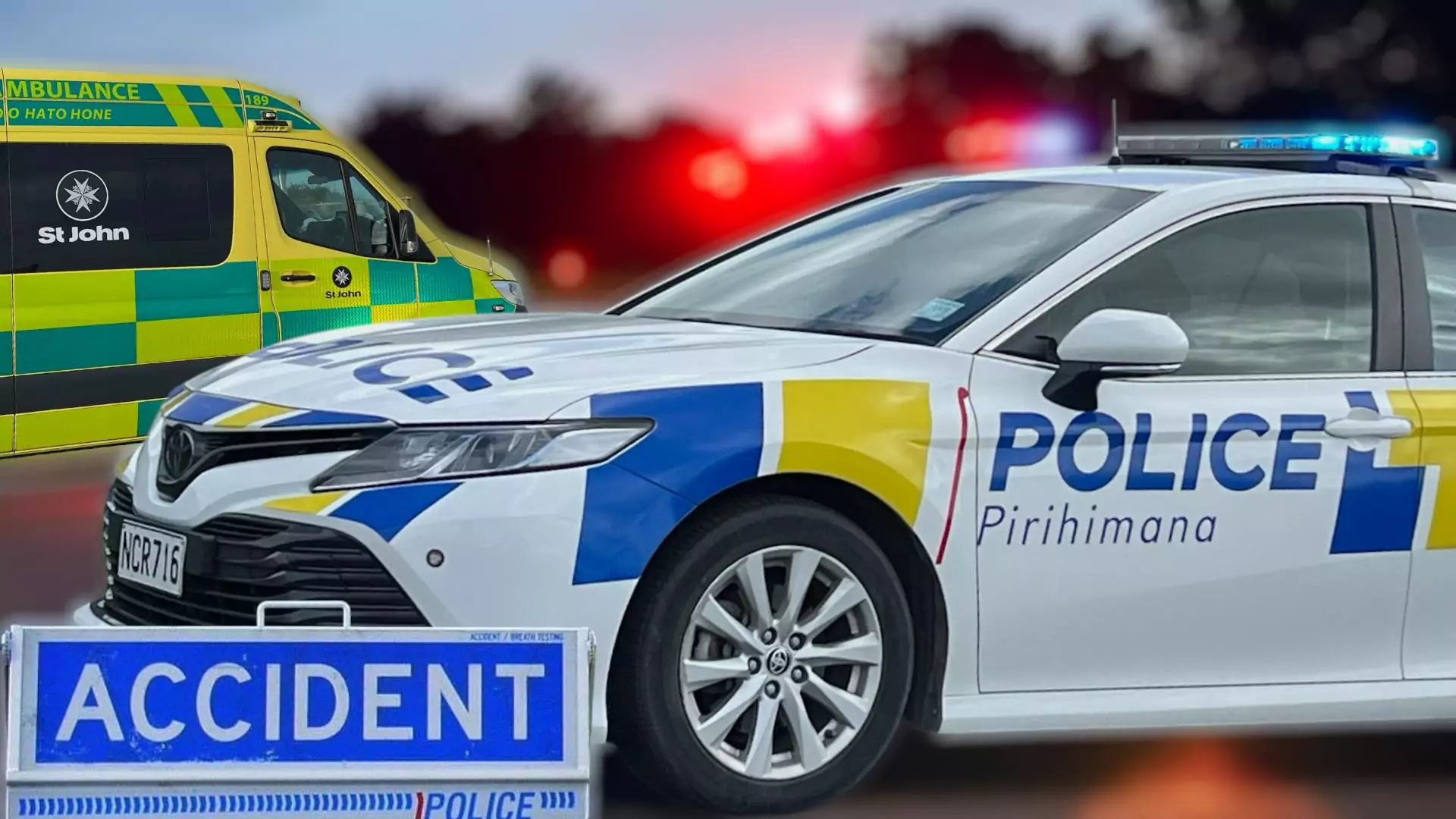A controversial multi-million-dollar wastewater project in Akaroa has drawn strong opposition from environmental advocates and Robinsons Bay residents, who say the plan is financially reckless and environmentally dangerous.
Resource consent hearings began last week in Akaroa as the Christchurch City Council seeks to move a controversial wastewater plant.
Under the $107 million proposal, a new treatment facility north of Akaroa would process wastewater, which would then be used to irrigate farmland and native plants at Hammond Point and Robinsons Bay.
Opponents warn that the plan also includes discharging wastewater through an artificial wetland below the site, which they say will lead to frequent overflows into the harbour, dangerously close to shore.
Suky Thompson, Deputy Chair of Friends of Banks Peninsula, said the council has failed to be transparent about the full impact of the project and has downplayed serious environmental risks.
“The proposed scheme is opposed by most of the community,” Thompson told Chris Lynch Media. “The concerns, impacts, and effects of the proposed system extend far beyond the residents of Robinsons Bay. This is a significant environmental issue for the entire area.”
She said one of the biggest concerns is the irrigation of steep, slip-prone land to saturation levels, which could cause landslides and pollution of nearby waterways.
“There are huge risks in irrigating unstable loess soil, building a massive industrial tank farm on a hillside, and the potential for slips, flooding, and nutrient buildup to cause pollution and harm to our valley and bay,” she said.
“There is common concern about the cost, the environmental impact, and the fact that the council’s plan does not include any reuse system to help with Akaroa’s chronic water shortages,” Thompson said.
A concerned Robinsons Bay resident, told Chris Lynch Media the community feels the council is pushing ahead as if the project has already been approved, despite hearings still being underway.
“The council is acting like this is a done deal. It makes a mockery of the submission and hearing process,” they said.
The resident raised serious concerns about the risk of nitrogen runoff into local streams and the bay, which could harm whitebait, flounder, and nationally threatened seagrass.
“The wastewater system has no spare capacity, so if anything goes wrong, the problem will continue for a very long time before a solution is found,” they said.
The resident also criticised last-minute changes to the project, which have significantly increased its scale.
“The already massive storage tanks are 50 percent higher than we were told, and now they’re planning to irrigate high up on slopes that locals know are already prone to slipping,” they said. “To top it off, they’ve decided to add wastewater from Duvauchelle to the system, meaning even more waste will be stored in Robinsons Bay.”
Opponents say the council has overlooked better solutions that could reduce costs and environmental risks.
The resident believes the council should prioritise repairing the broken wastewater pipes in Akaroa first, as stormwater infiltration significantly increases the wastewater volume.
“If the council fixed the pipes first, the whole system could be much smaller,” he said.
Environmental groups have also pushed for a wastewater reuse scheme, which would allow non-potable water to be used in Akaroa, easing the town’s chronic water shortages.
Suky Thompson said the council has not provided key information on overflow discharges, meaning the full environmental impact of the project is not being properly assessed.
“The council wants to approve the irrigation system first, without providing details on where the overflow discharges will go or how much wastewater will be released,” she said.
With hearings continuing on February 11 and 12, residents and environmental advocates remain determined to fight the project and push for a more sustainable and responsible solution.
The Christchurch City Council declined to comment on this story when approached by Chris Lynch Media, saying it would be inappropriate to do so while resource consent hearings are ongoing.

